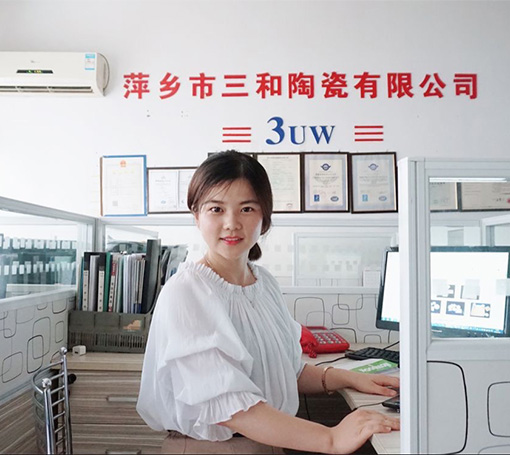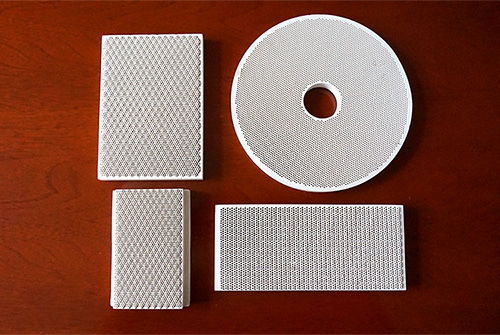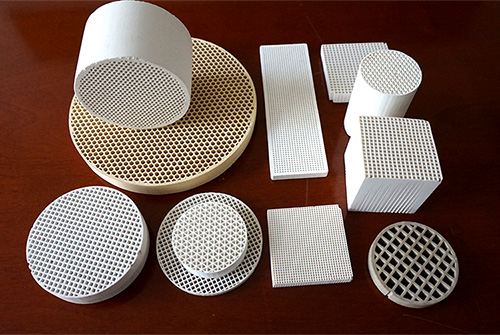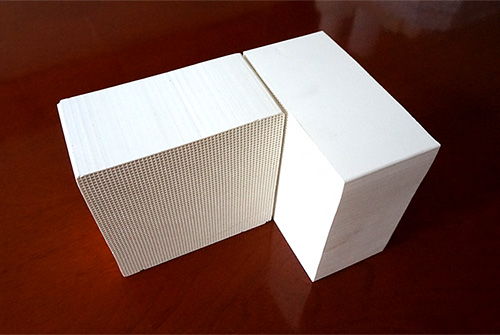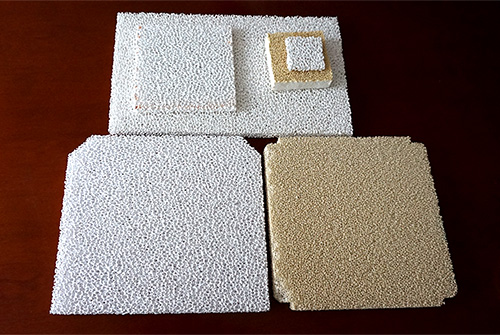Alumina Ceramic Ball
Ceramic ball has very good resistance to high temperature, high pressure and corrosion, ceramic ball also has very high strength, it is an ideal tower packing, column internals, catalyst bed support material.
Ceramic ball are made from the inorganic, nonmetallic compound- china clay and are processed or used at high temperatures. Ceramic Balls are perfect to be used at temperatures up to 1725 deg. C (3135 deg. F). These balls are very hard and abrasion resistant. The best thing about our Ceramic Balls is that they can withstand all furnace atmospheres. We are enlisted among the reputed Manufacturers and Suppliers of Ceramic Balls. We make available Ceramic Balls in different variants.
We can supply Φ3 - Φ50mm ceramic ball for tower packing or column internals. Tower packing and column internals are widely used for chemical separation, purification and air pollution control.
Products Series
Inert alumina ball
Refractory alumina ball
Perforated alumina ball
Porous alumina ball
Activated alumina ball
Custom Requirement
In case your process need custom product, pls contact us for more discussion!
Ceramic Balls【More】
Alumina Oxide Balls
Uses:
Alumina Oxide ceramic balls may be used at temperatures up to 3180 ºF. Ceramic balls are extremely hard, resistant to abrasion, and immune to all furnace atmospheres. Applications where alumina oxide balls are used include chemical pumps, down-hole pumps, valves, bearings, gages, flowmeters, etc online contact form.
Zirconia Balls:
Uses:
High – precision zirconia balls are available in many sizes. Zirconia balls are most commonly used as check valves in flow control applications. When subject to stress by impact, grinding, or cracking, a zirconia ball undergoes "transformation toughening" which stops cracks from spreading and actually makes the ball stronger in the stressed area than what it was originally. online contact form.
Ruby Sapphire Balls:
Uses:
Synthetic sapphire balls are used in applications requiring hardness, lightness, corrosion-resistance and electrical non-conductivity such as bearings, and as wear points in instruments. Commonly mounted on stems, ruby sapphire balls are also used as probes in coordinate measuring machines, in gauging devices, and in as floats in flowmeters where precise diameter tolerance is important. Ruby sapphire balls have a coefficient of thermal expansion just 25% that of most metals. Some sizes are available from stock; others may be manufactured to your specifications online contact form.
Silicon Nitride Balls:
Uses:
The most common use for silicon nitride balls is in bearings. Silicon nitride bearing balls have a coefficient of thermal expansion just 25% if most steel balls, so there is less friction generated in the bearing as heat increases. The low thermal conductivity of silicon nitride balls reduces the amount of heat absorbed, thus reducing cooling system requirements. Some sizes are available from stock others may be manufactured to your specifications online contact form.
Silicon Carbide Balls:
Uses:
Balls manufactured from Silicon Carbide are generally not in stock at Industrial Tectonics. Due to cost and lead time considerations of raw material, ITI would advise our customers to investigate the possibility of utilizing an alumina oxide ball, or another more readily available suitable material for their application when possible. ITI is capable of producing silicon carbide balls on a special order basis once material is procured online contact form.
 English
English Español
Español Français
Français Русский
Русский
